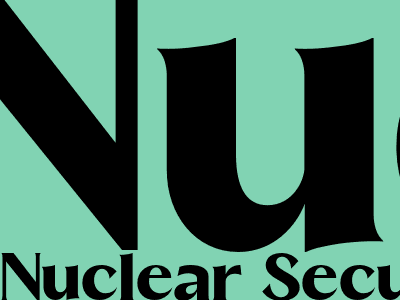
Nuclear Security Officer Salary
Nuclear Security Officer Salary
Overview
Nuclear Security Officers (NSOs) play a critical role in protecting nuclear facilities and materials. They are responsible for preventing unauthorized access, theft, sabotage, or acts of terrorism. The salary of an NSO can vary depending on several factors, including experience, education, location, and employer.
Factors Affecting Salary
Experience
NSOs with more experience typically earn higher salaries. This is because they have a deeper understanding of the security risks involved and are more proficient in implementing security measures.
Education
NSOs with a higher level of education, such as a bachelor's or master's degree, can also earn higher salaries. This is because they have a stronger foundation in security principles and are better equipped to handle complex security situations.
Location
The location of an NSO's job can also impact their salary. NSOs who work in areas with a higher cost of living tend to earn more money than those who work in areas with a lower cost of living.
Employer
The type of employer can also affect an NSO's salary. NSOs who work for government agencies typically earn higher salaries than those who work for private companies.
Average Salary
According to the Bureau of Labor Statistics, the median annual salary for NSOs in May 2021 was $69,300. The lowest 10 percent of earners made less than $39,850, and the highest 10 percent of earners made more than $117,390.
Job Outlook
The job outlook for NSOs is expected to be good over the next few years. This is due to the increasing need for security in the nuclear industry. As the world becomes increasingly complex and the threat of terrorism continues to grow, the demand for NSOs is likely to remain high.
Conclusion
The salary of an NSO can vary depending on several factors, but the average salary is $69,300 per year. The job outlook for NSOs is expected to be good over the next few years, as the need for security in the nuclear industry continues to grow.
Comments